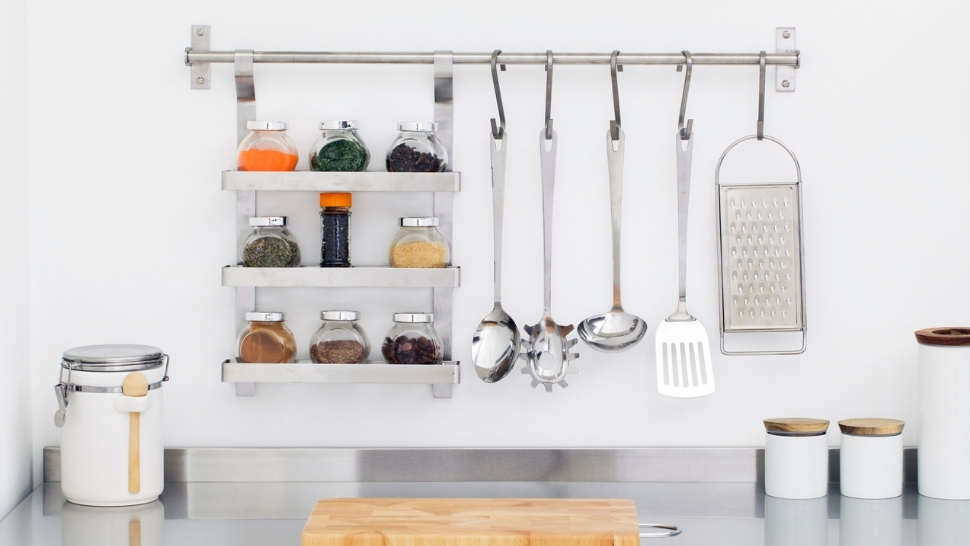
What’s the Buzz?
Clutter in the kitchen may affect food choices in surprising ways!
What Does the Science Say?
COVID-19 has brought a resurgence of cooking at home and a new wave of interest in decluttering, folding, and sparking joy — Marie Kondo style — in our living spaces. Surprisingly, combining these two habits may lead to healthier food choices, according to psychological and sociological research.
The theory is that disorder in our lives can result in destructive behavior. This idea, in relation to food choices, was tested on a small cohort of people. Individuals were placed in either a cluttered or an organized environment, given a fake survey, and offered a chocolate bar or apple on their way out. In line with the hypothesis, 67% from the orderly room selected the apple, while only 20% from the disorderly room did.
Another small study focused on the language used by participants to describe their homes, along with depression scores measured throughout the day, to determine how their perception of the cleanliness of home affected their mood. While there were no statistically significant findings in men (eye roll), women who described their home as cluttered, sloppy, chaotic, or using other stress-related words reported becoming more depressed throughout the day. When homes were described with restful or restorative words, women tended to report less depressed moods as the day went on.
Pair this emerging data with the diet-depression connection —which suggests poor eating habits may increase depression, followed by the depression causing more poor food choices — the science indicates that trying to maintain an orderly environment may help to break this depression/nutrition cycle, resulting in consistently better food choices and overall well-being.
And then there’s the commonsense aspect:one study confirmed that when it comes to the food left out in the kitchen, it’s increasingly clear that what you see is what you eat. So put away the junk food(s) and get the fruit out of the fridge and into a fruit bowl.
What’s the Takeaway?
Kitchens tend to be the central hub where mail, papers, backpacks, coats, and life’s necessities land. Add the slick marketing of gadgets and gizmos promising to make cooking faster, easier, more flavorful, healthier, and beyond, many of us have very cluttered counters and cabinets. Inventorying your cookware and donating or selling underutilized kitchen equipment, cleaning out pantries and discarding expired products, putting all food items away that you don’t need to see daily, and creating organization systems or drop zones may lead to a less chaotic kitchen and ultimately better food choices and eating habits.